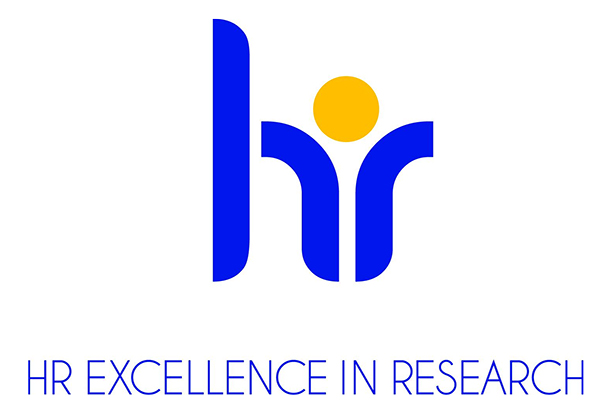HR Excellence in Research is a seal of approval indicating that Uppsala University is working purposefully to implement the European Charter & Code principles. The aim is to contribute to developing an attractive, open and sustainable European labour market for researchers. Naturally, Uppsala University also hopes that the seal of approval will help increase the University’s competitiveness.
“When we received the award, we promised to take a number of measures, and the great majority of them have now been completed,” says Karin Borner, project manager and head of unit at the Human Resources Division, University Administration.
Important measures
When asked what measures have been taken, Borner notes several that she considers of central importance.
“We have gathered all career support and professional development resources on one page in the Staff Portal to make this material more accessible and easy to find. We have a strong range of support that has also been expanded further, and by bringing it together in one place, staff can take advantage of it better.
As a public authority, we have also developed our parallel language use by translating rules and policy documents, among other things. This enables increased participation by employees who do not speak Swedish and allows more people to take on various assignments.”
Borner also notes the project’s promotion of gender mainstreaming by conducting workshops with recruitment teams, among other things. The recruitment teams are central for the process of recruiting research and teaching staff since they propose who is to be hired.
“It is invaluable to involve recruitment teams in this work. By strengthening the recruitment teams in various ways, we will improve quality for those who apply and current staff at Uppsala University.”
Importance of the reference groups
Before the project began, of course, there were plans for what would be done. These plans were then revised during the course of the project.
“Everything has not turned out as we expected before the project. This is due in part to the reference groups sharing their opinions.”
The research community must be involved in this process, and one way of doing this has been through various reference groups with teachers and researchers.
“This connection has been vital for ensuring the quality of the project. The reference groups with teachers and researchers have been essential in adapting the measures and highlighting things we had not thought of before.”
Evaluation every three years
The implementation project has now been completed, and the work with the Charter & Code will now become part of daily routines and the University’s operational plan.
Through this process, Uppsala University has committed itself to working with transparent recruitment processes and to continuous development. Several things are in the starting blocks, including employee policies and efforts to strengthen the role of department heads.
“These measures sync well with many other efforts we were already planning, but the Charter & Code will now serve as an umbrella for these development projects.”
The EU will monitor how Uppsala University complies with the Charter & Code through an evaluation every three years.
